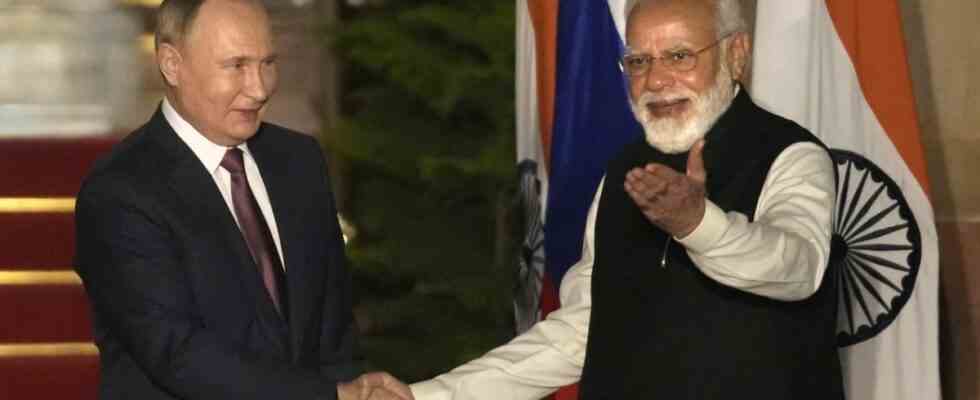A change of perspective is worthwhile – especially if you want to teach the world about the better from Europe. For example, as seen from Delhi, it is not the Russians who are the most pressing threat to world peace, but the Chinese.
India prides itself on being the largest democracy in the world. European journalists are happy to point out that this democracy has unfortunately been badly dented by the Hindu nationalist policies of the current government under Narendra Modi. Indeed, for gaining votes, his Bharatiya Janata Party has caused a split in the country that would have saddened founding fathers Gandhi and Nehru.
Nevertheless, India remains a democracy, which unfortunately can also mean illiberal rule by the elected in these times. This populist interpretation of the power of the people, which often goes hand in hand with xenophobia and the denigration of minorities, has not only prevailed in India. You can also find them in the EU, for example in Hungary, Poland, (temporarily) Austria, and the former colonial power Great Britain.
Questions you can at least ask
So if you ask Indian Foreign Minister Jaishankar about his country’s ongoing dealings with Putin’s Russia or his hate speech against Muslims, he may grimly point out that you can at least ask him these questions. On the other hand, you don’t have to go to the Chinese leadership with something like that. On the other hand, the business of various EU states with China was excellent, despite Uyghurs in re-education camps, total surveillance and increasing aggression by Beijing towards its Asian neighbors.
With the money that China has earned thanks to good economic relations with Germany, it not only threatens Taiwan, snubs the Philippines in the South China Sea and supports Pakistan, India’s archenemy. Beijing has also unleashed a highly dangerous border dispute with India in the Himalayas, which has been smoldering for the past two years, largely unnoticed, but certainly unaddressed by EU politicians. It’s also far away.
So far, India’s only ally in these geopolitical power issues, which affect the entire Asian region and thus more than half of the world’s population, has been the USA. The “2 + 2” talks between the foreign and defense ministers of the two powers are all the more important. And this is also how the remark of India’s Foreign Minister Subrahmanyam Jaishankar can be interpreted, who must have been irritated by the rigor with which the Indian fuel purchases in Russia were commented on. “If you are looking at energy purchases from Russia, I would suggest that you turn your attention to Europe,” Jaishankar said. “Looking at the numbers, I suspect our total purchases for the month are probably less than what Europe in one afternoon.”
US Secretary of State Blinken addressed the human rights situation in India, particularly with regard to the Muslim minority. Closer cooperation, including on security and armament issues, was nevertheless agreed. And the security of the borders and the energy supply is just as important to the Indians as it is to the Europeans. And that trade is not just a question of morality, but one of demand and supply, should also have become clear to the Germans in the past few weeks.

